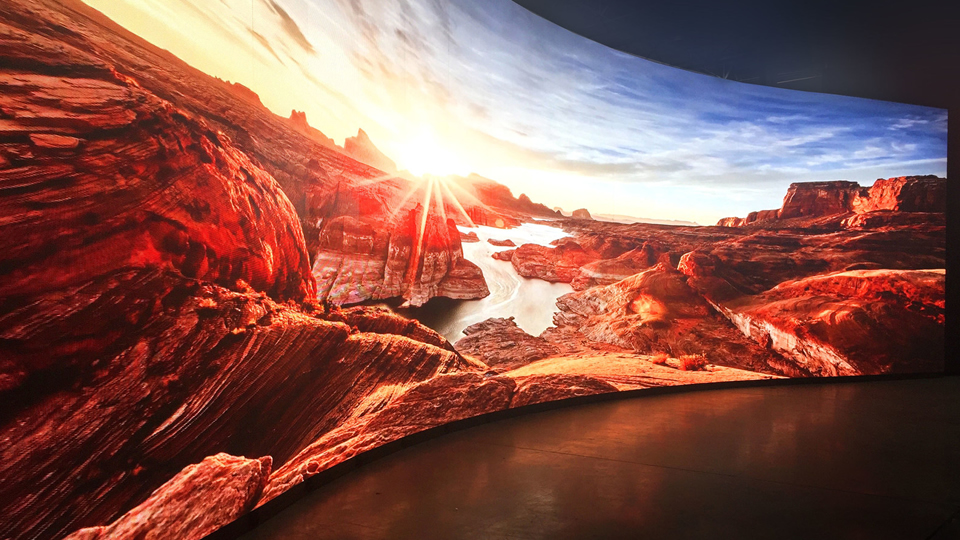Connecting an led display to your laptop or PC sounds straightforward, but if it’s your first time, a few things can get confusing. Let me walk you through the basic steps so you can get your LED screen up and running without headaches.

Check the Ports First
Before plugging anything in, take a look at the ports on both your LED display and your computer. Most modern laptops and PCs support HDMI or DisplayPort connections, which are the easiest to use. Some older models might have VGA or DVI ports, so make sure you have the right cable or an adapter handy.
Choose the Right Cable
Once you know what ports are available, pick the correct cable. HDMI is usually the best option since it carries both video and audio signals. If your LED display supports it, DisplayPort is also great for higher resolutions and refresh rates. Avoid cheap or damaged cables—they can cause flickering or no signal at all.
Connect and Power On
Plug one end of the cable into your laptop or PC, and the other end into the LED display. Turn on the display and then your computer. Usually, the computer will automatically detect the new screen and start sending the signal.
Adjust Your Display Settings
Sometimes the LED display might not show the image correctly right away. On Windows, you can press Win + P to bring up display options like Duplicate, Extend, or Second screen only. On a Mac, go to System Preferences > Displays to manage how the screens work together. Choose what fits your needs best.
troubleshooting Tips
If nothing shows up on the LED display, double-check the cable connections. Also, try restarting both devices. If the resolution looks off, manually adjust it in your computer’s display settings to match the native resolution of your LED screen.
By following these simple steps, connecting your LED display to a laptop or PC should be hassle-free. The key is to know your ports, pick the right cable, and tweak settings as needed. After that, you’ll have a bright, clear screen ready to use for presentations, gaming, or whatever you need.

